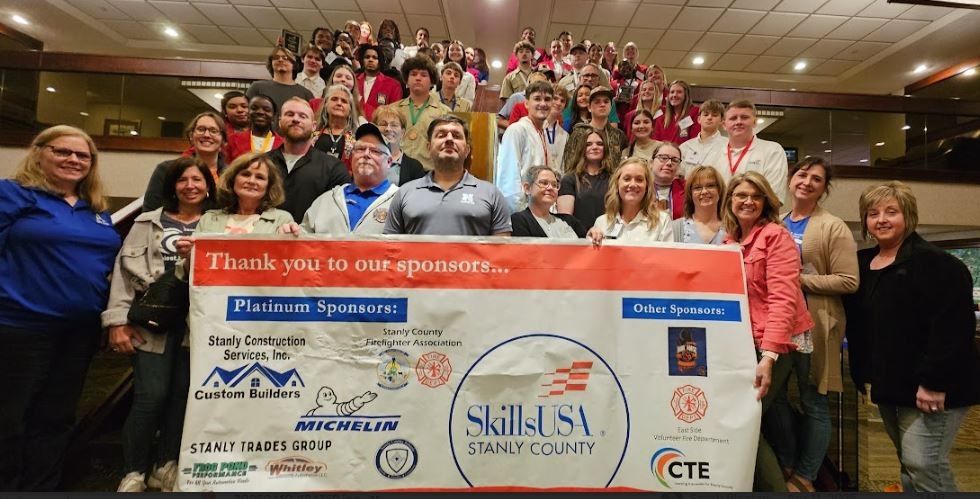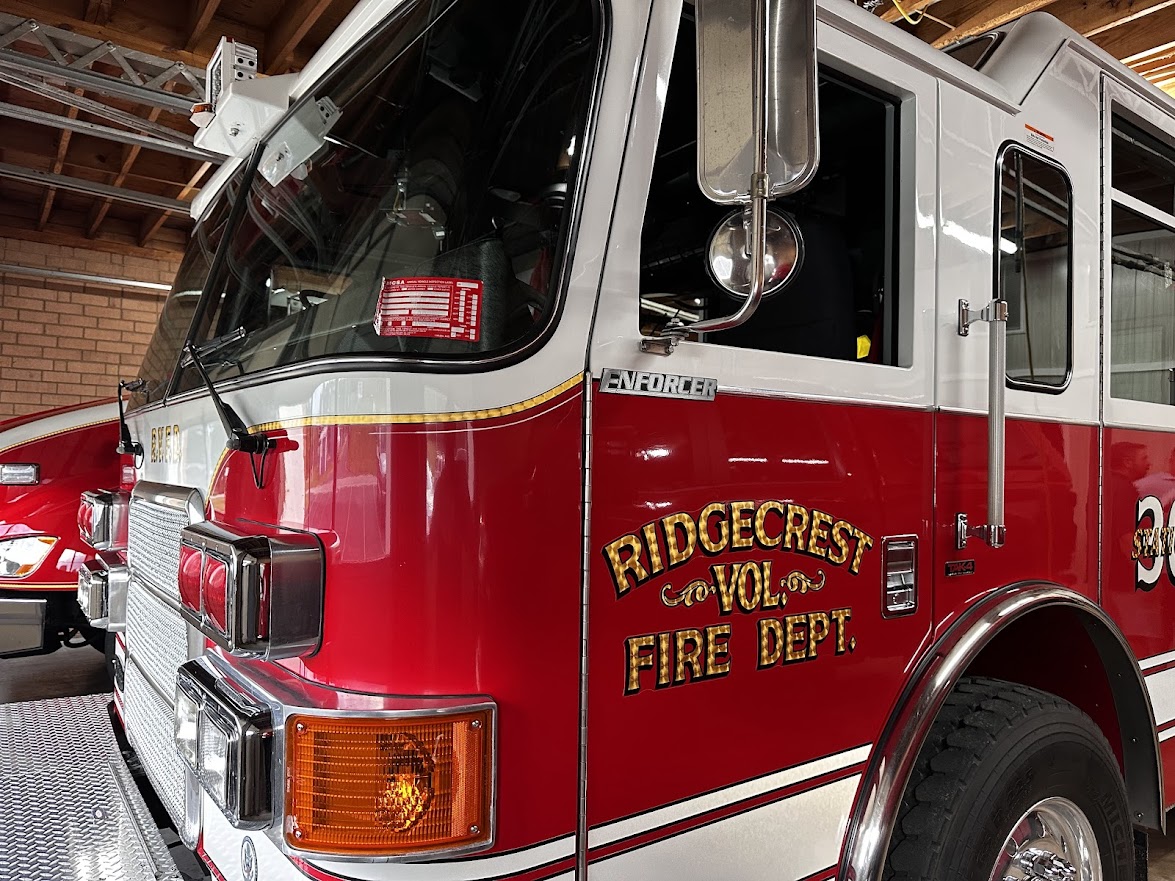Ford, Huneycutt discuss tariffs, economic issues with Stanly Chamber
Published 1:34 pm Wednesday, May 7, 2025

- N.C. Sen. Carl Ford (left) and State Rep. Cody Huneycutt spoke with members of Stanly’s business community and governing boards Friday at Pfeiffer University. Charles Curcio / Stanly News Journal
|
Getting your Trinity Audio player ready...
|
ALBEMARLE — Tariffs, state bills and their impact in Stanly County were among the topics discussed by North Carolina Sen. Carl Ford (R-33) and Representative Cody Huneycutt (R-67) at Friday’s Stanly Chamber of Commerce Legislative Breakfast.
Representatives from local governing bodies, county officials and Chamber of Commerce members met to receive updates on state and national legislation from Ford and Huneycutt, hosted at Pfeiffer University’s Center for Health Sciences. Stanly Community College (SCC) President John Enamait acted as moderator.
“Anytime I can cut red tape and get government out of the way, I know people and businesses will succeed,” said Ford, touting his work on government efficiency.
Locally, Huneycutt said he supports House Bill 23 would give SCC a new offsite culinary program.
He also mentioned multiple bills which, he added, would improve rural health care, including HB 71 (Respiratory Care Modernization Act) and HB 97 (supporting firefighters fighting cancer). Huneycutt said HB 163 on pharmacy benefit managers would “provide transparency and lower your drug costs.”
Huneycutt also referenced those in need in western North Carolina after the destruction of Hurricane Helene, saying House Bill 381 would help improve water systems, and expressed his hopes that the upcoming budget would put additional funds towards water, sewer and broadband access.
Ford said the state has money in the bank now and is not “billions or millions in the hole,” but that he wants to see state workers return to the office
The senator responded to a question on protecting manufacturing and agricultural businesses by saying it’s a delicate balance for farmers between protecting their land and accepting offers from developers. “Like a possum, when you get in the middle of the road, you can get hurt.”
“I think tariffs will work in the long run. I think we’ve been hoodooed by the rest of the world long enough, and it’s time to straighten that out,” Ford said, referncing import tariffs imposed by President Donald Trump. “Like my mom used to say … ‘sometimes things get worse before they get better.”
Huneycutt said he believed tariffs will be “a stronger play for the long run” but noted farmers such as himself “can see the immediate sting” with the price of commodities like cattle futures.
Regarding the preservation of farmland from housing developers, Huneycutt mentioned HB 25 which would prevent downzoning in Stanly and Catawba counties if passed. Downzoning refers to any ordinance that “decreases the development density of the land” or one that reduces allowable land uses.
“I am not anti-development,” Huneycutt said. “I believe growth should be in the cities and town. Nothing drives me [madder] than seeing houses where crops were planted last fall.”
Huneycutt expressed support for HB 471 on food labeling transparency, and HB 751, which would decrease energy rates for farmers during certain times of the year. He explained that power companies currently offer seasonal rates in the eastern part of the state but not the central or western regions.
When asked what makes both optimistic for the future, Ford encouraged attendees who have questions or problems to contact local government officials and attend local meetings to stay informed.
Huneycutt said he would look to reduce regulation and improve economic development in Stanly and Montgomery counties, along with continued funding for water and sewer projects.
“I love Stanly County,” Huneycutt said. “I love what it stands for. It is the best place in the world.”







